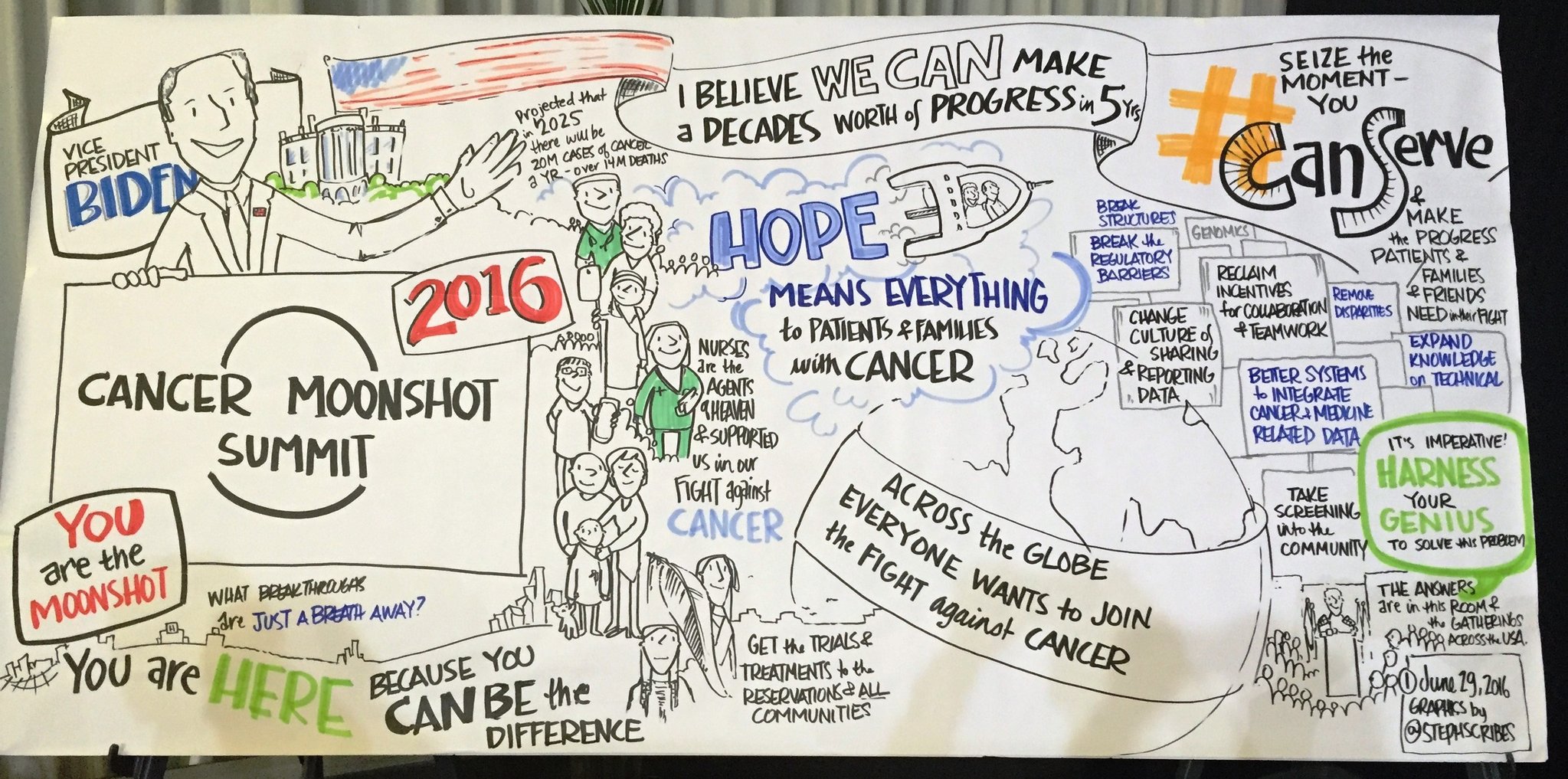
At long last, VA inks $10B EHR contract with Cerner
The U.S. Department of Veterans Affairs has finally signed a $10 billion, 10-year contract with Cerner to update its electronic medical record system, thereby replacing its homegrown VistA EHR.

The U.S. Department of Veterans Affairs has finally signed a $10 billion, 10-year contract with Cerner to update its electronic medical record system, thereby replacing its homegrown VistA EHR.

David Shulkin's departure as Secretary of Veterans Affairs comes before the VA officially signed a contract with Cerner to replace its legacy EHR system, VistA. Will the department stick with the Cerner deal or take another route?

Four health systems — Intermountain Healthcare, Ascension, SSM Health and Trinity Health — and the U.S. Department of Veterans Affairs will launch a nonprofit generic drug company, which will either directly manufacture generic drugs or sub-contract the manufacturing work.

On an earnings call, Cerner unveiled plans to hire an additional 600 workers at its Kansas City campus. But the company also reported lower-than-expected earnings, which executives said was due in part to the yet-to-be-signed VA contract.

A report from the U.S. Government Accountability Office and a December 12 EHR interoperability summit provide a bit of insight on the VA, VistA and health IT at the federal level.

Earlier this year, the U.S. Department of Veterans Affairs announced its plans to replace the VistA EHR system with a Cerner model. In a recent blog post, Allscripts CEO Paul Black shared his thoughts on the matter.

VA Secretary David Shulkin said he would make a decision on what to do about the department's VistA EHR system by July 1. Nearly a month ahead of that deadline, Shulkin has already determined the VA will replace VistA with a Cerner system.

As the U.S. Department of Veterans Affairs contemplates scrapping its long-held VistA EHR, a new Black Book report shows Cerner might be the best replacement option.

While striving to decrease veteran suicide rates, the Department of Veterans Affairs is considering getting rid of its VistA EHR system.

In naming a new secretary for the Department of Veterans Affairs, President-elect Donald Trump has done something he had previously avoided while filling out his Cabinet: choose an insider. The pick also is notable because Shulkin is an Obama administration appointee.

The much-needed new treatment is underwritten by an unlikely benefactor: Steven A. Cohen, the former head of a hedge fund that pleaded guilty to insider trading charges in 2013.

New research finds that the act of disclosure, combined with stress from the procedure gone wrong, can be an anxious experience for some doctors — and more training is needed to help them engage in these difficult conversations.

Among the highlights of Wednesday's Cancer Moonshot Summit was news that IBM Watson Health will team with the U.S. Department of Veterans Affairs to bring precision medicine to 10,000 veterans with cancer over the next two years.

The federal agency wants to have same-day medical and mental health services at every VA center by the end of 2016. Telemedicine is vital for returning veterans, many of whom choose to live in rural areas to avoid crowds and noise.

Ironically, the call center was the subject of an Oscar-winning 2013 film, "Crisis Hotline: Veterans Press 1."